Thought Record - AI-Powered Cognitive Therapy
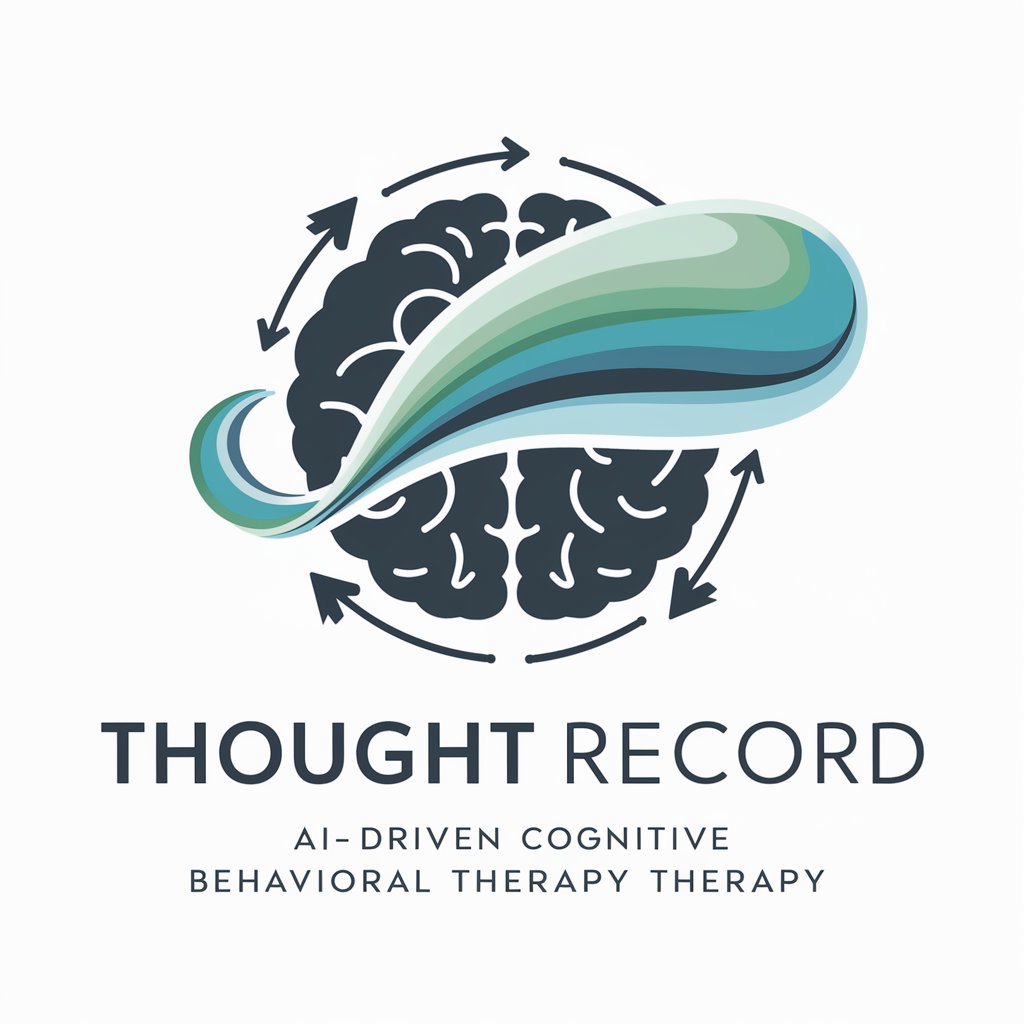
Welcome! Let's work through your thoughts together.
Rethink Thoughts with AI Guidance
What specific thoughts or beliefs are causing you distress?
Can you identify any patterns in your negative thinking?
How do your thoughts influence your feelings and behaviors?
What evidence do you have that supports or contradicts your thoughts?
Get Embed Code
Introduction to Thought Record
A Thought Record, integral to Cognitive Behavioral Therapy (CBT), is a tool designed to help individuals identify, challenge, and modify unhelpful thoughts and beliefs. The process involves recording specific thoughts that occur in challenging or distressing situations, analyzing these thoughts to identify cognitive distortions (such as overgeneralizing or catastrophizing), and then reframing them in a more positive or realistic way. For example, someone who fears public speaking might jot down anxious thoughts before a presentation, recognize the exaggeration in these fears (like 'everyone will laugh at me'), and then counter these with evidence-based, rational thoughts (such as 'I am well-prepared and people are generally supportive'). Powered by ChatGPT-4o。

Main Functions of Thought Record
Identifying Cognitive Distortions
Example
Recording thoughts like 'I always fail when I try new things' allows identification of 'all-or-nothing' thinking.
Scenario
In a job application process, an individual uses the Thought Record to capture and analyze frequent self-critical thoughts.
Challenging Negative Beliefs
Example
By examining evidence for and against a thought, individuals can see how their beliefs may not be fully accurate.
Scenario
A person feeling unwelcome in social groups records specific instances of interaction and learns to see these interactions in a more neutral or positive light.
Developing Rational Responses
Example
Replacing 'I'll never be good enough' with 'I'm consistently improving with effort,' helps cultivate a growth mindset.
Scenario
After a poor performance review, an employee uses Thought Record to reassess and plan for constructive feedback and improvement.
Ideal Users of Thought Record Services
Individuals Experiencing Anxiety or Depression
These users often encounter automatic negative thoughts that can exacerbate their condition. Using Thought Record, they can learn to identify, challenge, and replace these thoughts with more balanced ones, aiding in symptom management and emotional regulation.
People Seeking Personal Development
Individuals interested in self-improvement can use Thought Record to enhance their emotional intelligence, strengthen resilience, and foster a healthier mindset by continuously engaging in introspective practices and thought challenging.

How to Use Thought Record
Begin your trial
Start by visiting yeschat.ai to enjoy a free trial without the need to log in or subscribe to ChatGPT Plus.
Identify the situation
Reflect on a specific situation causing emotional distress or cognitive dissonance. Record the details of the event, noting your feelings and thoughts.
Record automatic thoughts
Capture your initial thoughts that arise in response to the situation. Note these as they occur, without judgment or alteration.
Challenge these thoughts
Critically examine these thoughts to identify cognitive distortions or unhelpful patterns. Consider alternative interpretations and the evidence supporting or refuting each thought.
Develop new perspectives
Based on your analysis, develop more balanced and rational responses. Use these insights to adjust your perspective and approach to similar future situations.
Try other advanced and practical GPTs
World Record
Explore the Extremes of Achievement

BaT Service Record Analyzer
Transform Service Records into Actionable Insights with AI
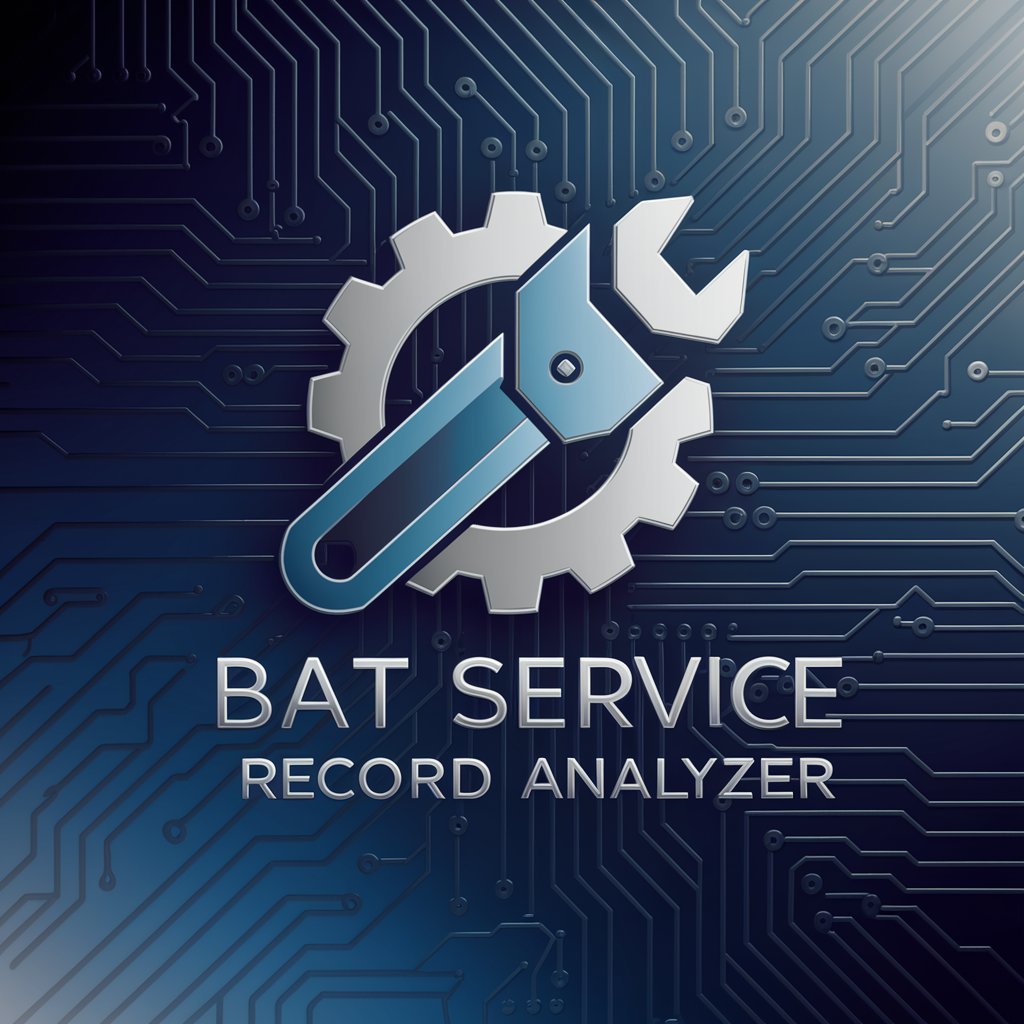
Local Record Store Bot
Unleash your musical journey with AI-powered guidance!
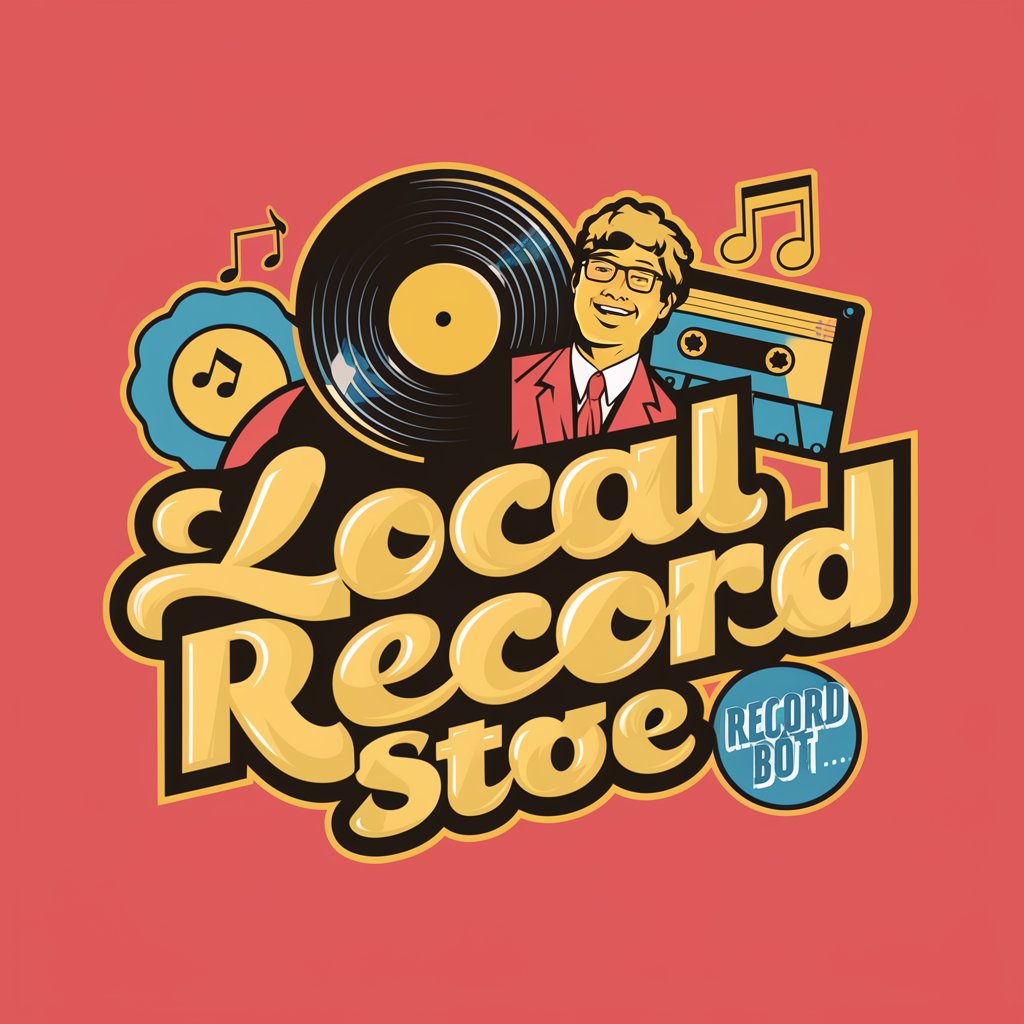
Record Reader
Decipher Market Trends with AI

Holy Father
Explore Catholic teachings with AI.

Father Michael
Digital sanctuary for spiritual guidance.

Thought Record
Transform Thoughts, Boost Emotional Health
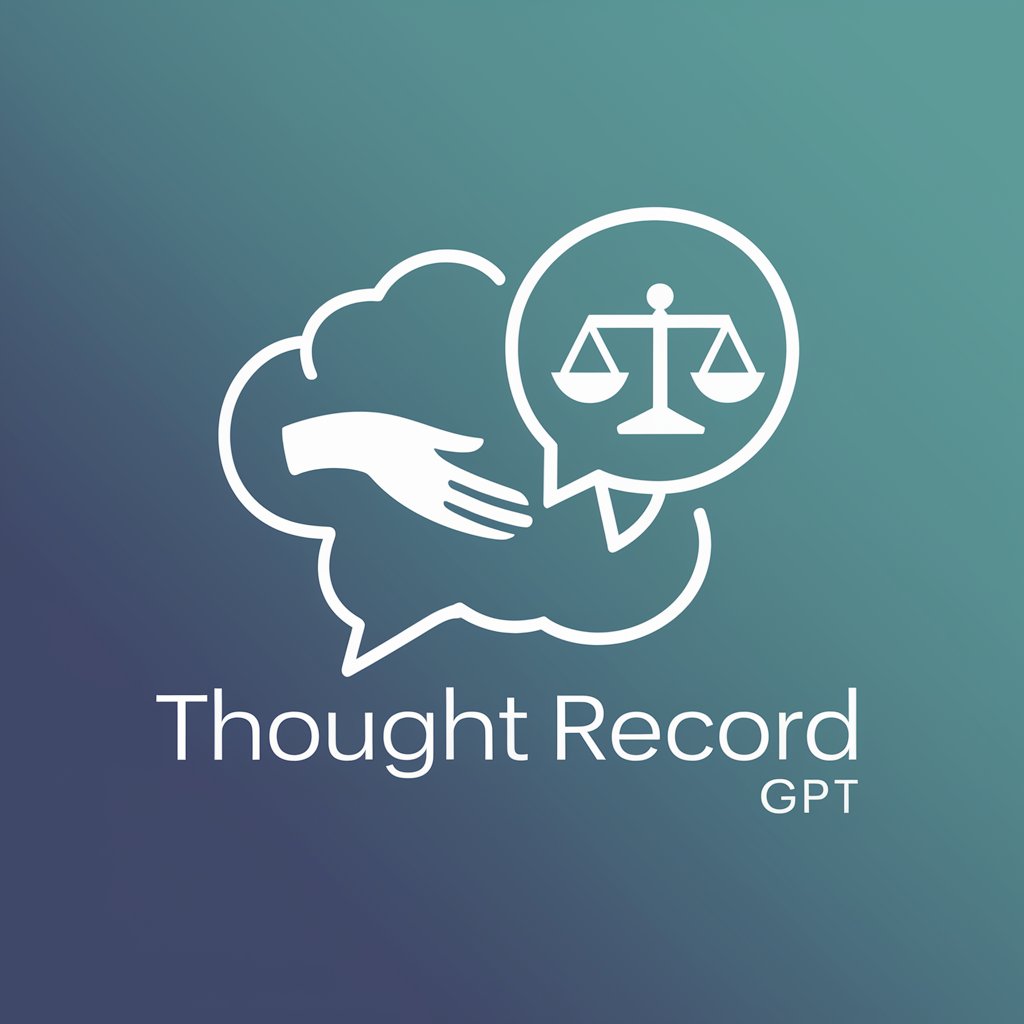
Record Label Run-Down
Navigate Music Mastery with AI
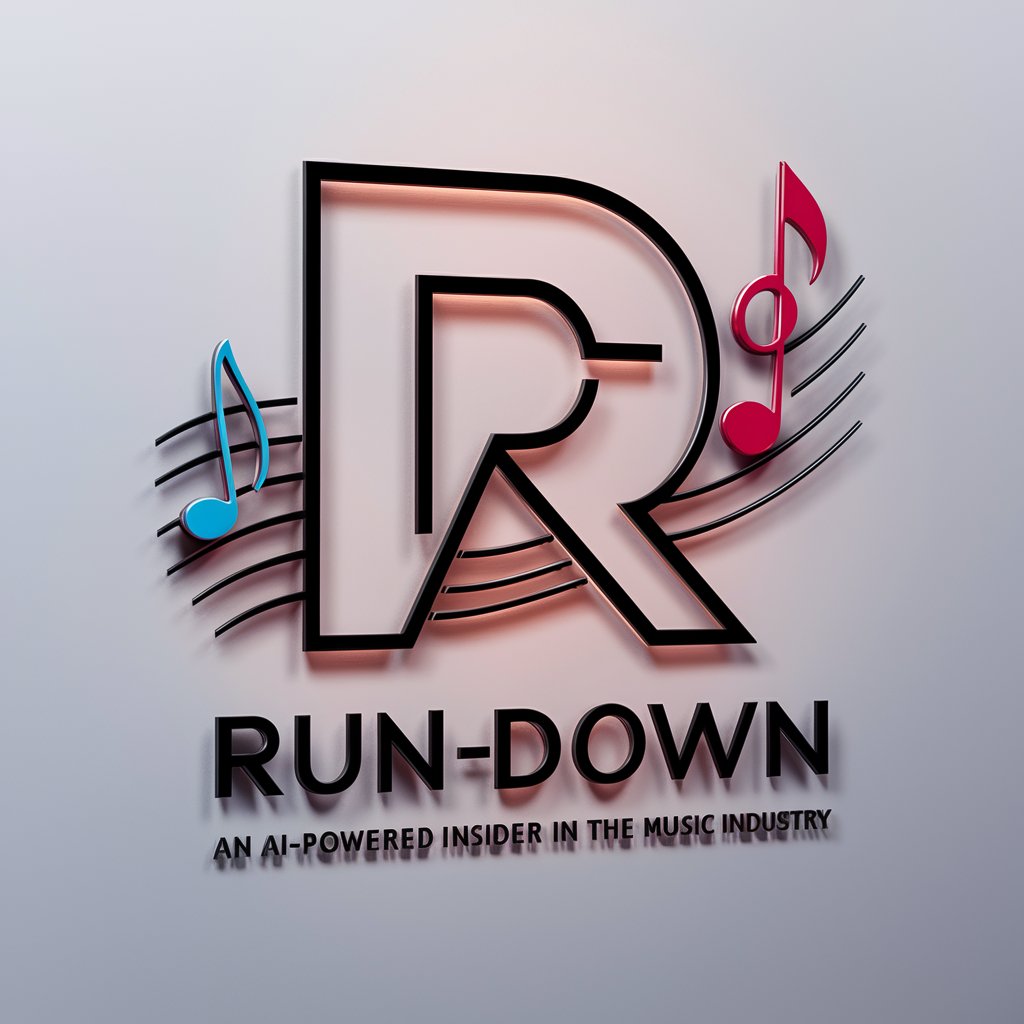
Cosmic Phenomena Record Keeper
Unravel Cosmic Mysteries with AI

Words Record
Empower Your Words with AI
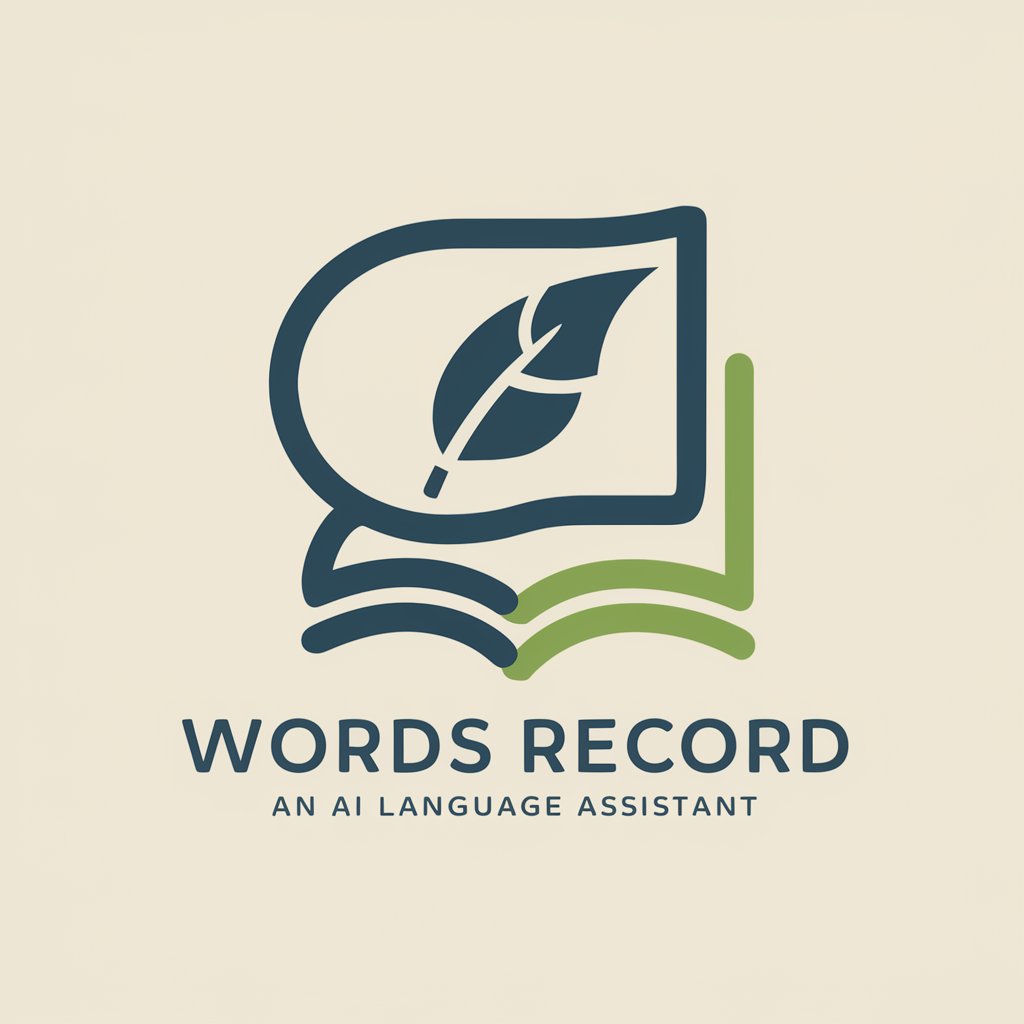
Medical Record Summarizer
Streamlining Healthcare with AI-Powered Summaries
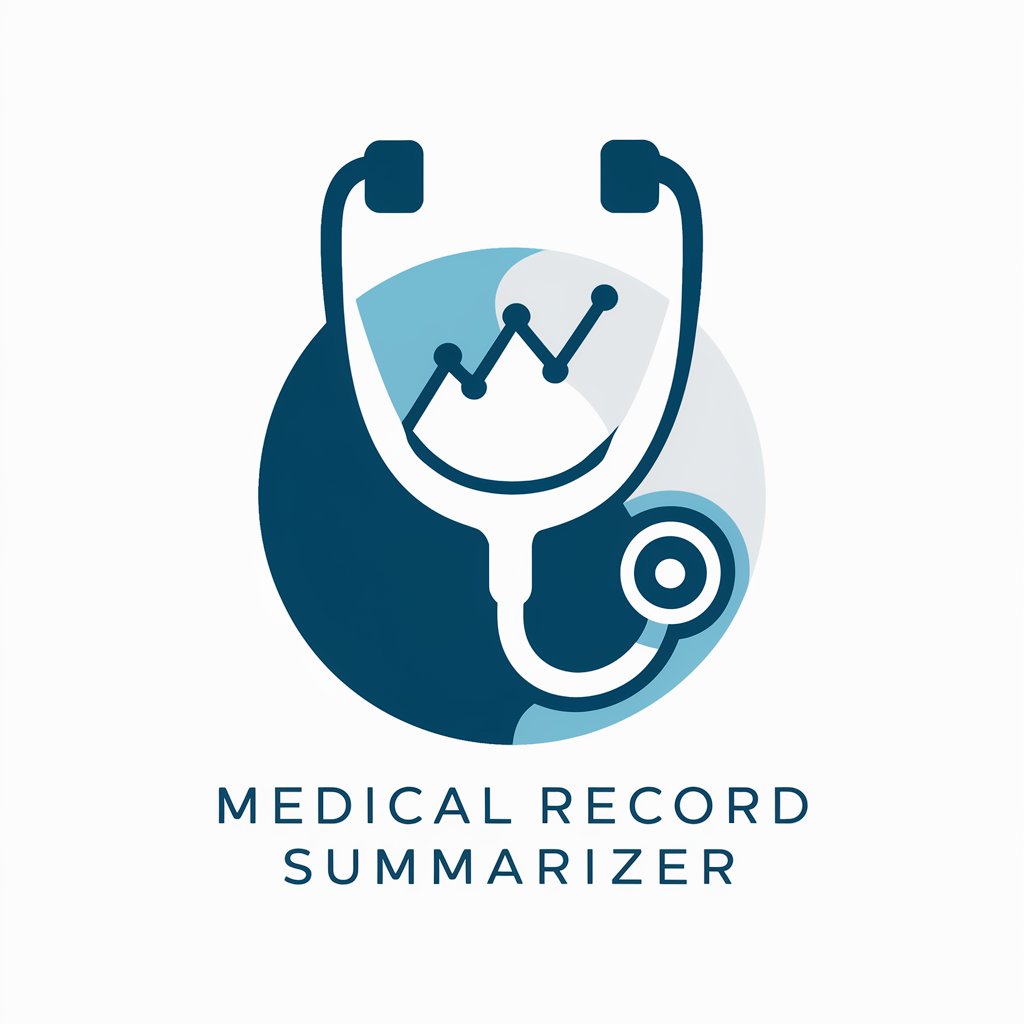
インターネットカフェ経営マスター
Empowering Your Internet Cafe with AI

Frequently Asked Questions About Thought Record
What is a Thought Record?
A Thought Record is a tool used in Cognitive Behavioral Therapy (CBT) to help individuals identify, challenge, and change unhelpful or negative thoughts and beliefs linked to emotional distress.
Who can benefit from using a Thought Record?
Anyone experiencing emotional challenges, such as anxiety or depression, can benefit. It's also useful for those looking to improve their mental health through structured reflection and self-analysis.
How often should I use a Thought Record?
Usage can vary based on personal needs. It can be used as situations arise that cause significant emotional reactions, or routinely as part of a daily mental health practice.
Can Thought Record be used in a professional setting?
Yes, therapists and counselors often incorporate Thought Records into therapy sessions to help clients articulate thoughts that contribute to their mental health issues.
What are the expected outcomes of using Thought Records?
Users often experience improved emotional regulation, reduced stress, and greater cognitive flexibility. They learn to counter negative thoughts with more balanced, rational responses.
